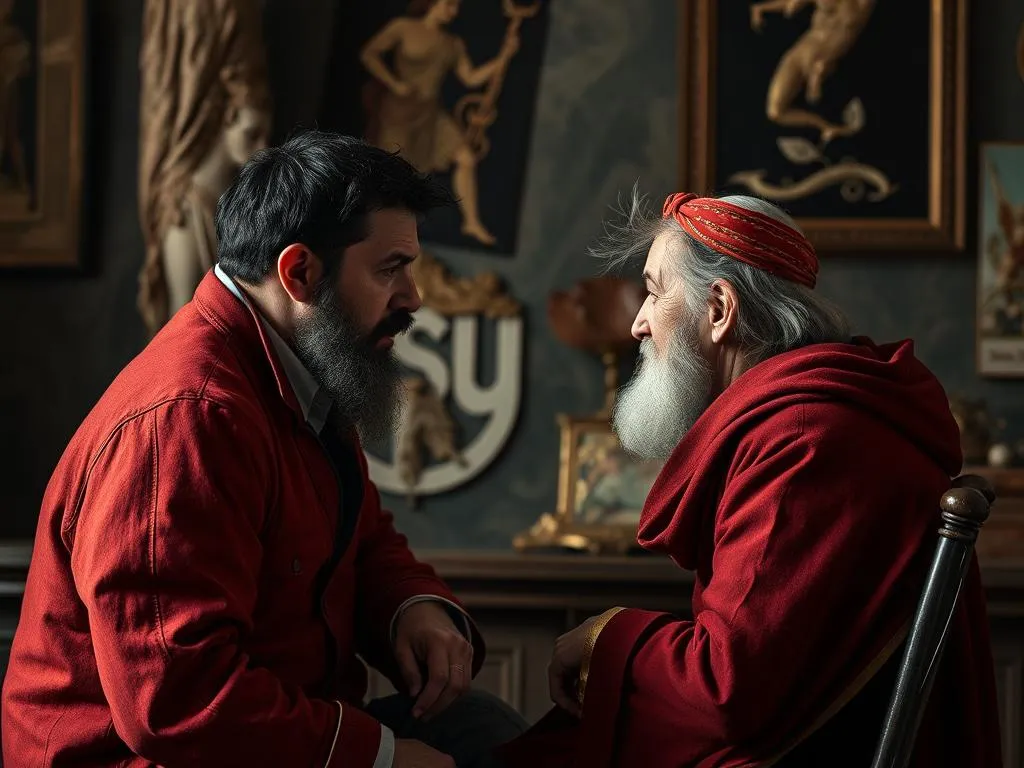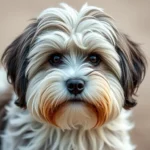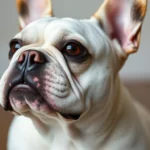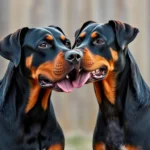
Introduction
Dog breeds are groups of dogs that share similar characteristics, such as physical traits, temperament, and behaviors. Understanding different dog breeds is vital for prospective pet owners, as it helps in choosing the right breed that fits their lifestyle and family dynamics.
Overview of Pootalian
The Pootalian is a captivating breed that has gained popularity among dog enthusiasts. A hybrid of the Poodle and the Italian Greyhound, this breed combines the intelligence and hypoallergenic coat of the Poodle with the elegant stature and playful nature of the Italian Greyhound. The Pootalian’s unique characteristics make it a notable addition to the diverse world of dog breeds.
History of the Pootalian
Origins
The Pootalian was developed as a designer breed, aiming to bring together the best traits of its parent breeds. The Poodle, known for its intelligence and versatility, has been a cherished companion for centuries. The Italian Greyhound, on the other hand, boasts a rich history as a lap dog favored by nobility. The blending of these two breeds has resulted in the charming Pootalian, which has quickly become a favorite among dog lovers.
Evolution
Since its inception, the Pootalian has evolved, becoming more defined in its characteristics. Breeding practices have focused on enhancing desirable traits, such as temperament and appearance. Over time, the Pootalian has become more distinct, showcasing a combination of the athleticism of the Italian Greyhound and the whimsical personality of the Poodle.
Physical Characteristics
Size and Weight
Pootalians are generally small to medium-sized dogs. They typically weigh between 10 to 20 pounds and stand about 12 to 15 inches tall at the shoulder. This size makes them ideal for both apartment living and homes with yards.
In comparison to their parent breeds, Pootalians tend to be smaller than standard Poodles but larger than Italian Greyhounds. Their compact size makes them easy to handle and suitable for various living conditions.
Coat and Color
The Pootalian inherits a unique coat that can vary significantly in texture and length, depending on the dominant genes of the parents. Most Pootalians have a soft, curly, or wavy coat that is low-shedding, making them a great choice for allergy sufferers.
Common color patterns include:
– Solid colors (white, black, beige)
– Brindle
– Parti-color (two-tone combinations)
Distinctive Features
One of the most distinctive features of the Pootalian is its expressive eyes and refined face, which often reflects a blend of both parent breeds. Their ears may be floppy like a Poodle’s or more erect like an Italian Greyhound’s, adding to their unique charm.
Temperament and Behavior
General Temperament
The Pootalian is known for its friendly and affectionate nature. They are generally playful, intelligent, and eager to please, making them excellent companions for families and individuals alike. Their sociable disposition allows them to bond well with children and other pets, provided they are properly socialized from an early age.
Socialization
Socialization is crucial for Pootalians to thrive. Early exposure to various environments, sounds, and people helps them develop into well-adjusted adults. Regular playdates and outings can significantly enhance their social skills, making them more adaptable and confident.
Training Needs
Training a Pootalian can be a rewarding experience due to their high intelligence and willingness to learn. Positive reinforcement techniques, such as treats and praise, work exceptionally well with this breed. However, they may exhibit some stubbornness inherited from their Poodle lineage, so consistency is key.
Common behavioral challenges may include:
– Separation anxiety if left alone for long periods
– Excessive barking if not properly trained
Health Considerations
Common Health Issues
Like many hybrid breeds, the Pootalian can inherit health issues from its parent breeds. Some common health concerns include:
– Hip dysplasia
– Eye conditions (progressive retinal atrophy)
– Dental problems
Routine veterinary check-ups and preventive care are essential to maintain their health and catch any potential issues early.
Lifespan
The average lifespan of a Pootalian is around 12 to 15 years. Factors influencing their longevity include genetics, diet, exercise, and overall healthcare. Providing a balanced lifestyle can help ensure a longer, healthier life for your Pootalian.
Care and Maintenance
Grooming Needs
Grooming is an essential aspect of caring for a Pootalian. Their curly or wavy coat requires regular brushing to prevent matting and to keep it healthy. Depending on the coat type, professional grooming may be necessary every 6 to 8 weeks. Regular grooming also helps to manage shedding and maintain good hygiene.
Diet and Nutrition
A balanced diet is crucial for a Pootalian’s health. High-quality dog food formulated for small to medium breeds is recommended. Be mindful of portion sizes to prevent obesity, which can lead to health problems. It’s best to consult with a veterinarian for specific dietary recommendations tailored to your Pootalian’s needs.
Exercise Requirements
Pootalians are energetic dogs that require regular exercise to stay healthy and happy. Daily walks, play sessions, and mental stimulation through interactive toys are ideal. Aim for at least 30-60 minutes of exercise each day to keep your Pootalian physically fit and mentally engaged.
Living Environment
Ideal Home Setup
The Pootalian adapts well to various living environments, from apartments to homes with yards. They thrive in spaces where they can receive ample attention and interaction. However, they do need enough room to play and explore, so a moderately sized living area is ideal.
Compatibility with Other Pets
Pootalians generally get along well with other pets, especially if they are socialized early. Introducing a Pootalian to existing pets should be done gradually, allowing both the new and current pets to adjust to each other. Supervised interactions can help ease the transition and promote harmony in the household.
Adoption and Breeding
Finding a Pootalian
When looking to adopt or purchase a Pootalian, it’s crucial to choose a reputable source. Consider adopting from shelters or rescue organizations that specialize in mixed breeds. If purchasing from a breeder, ensure they are responsible and prioritize the health and well-being of their dogs.
Costs and Budgeting
Owning a Pootalian comes with various costs, including initial adoption or purchase fees, vaccination and vet bills, grooming expenses, and food. Typically, the cost of acquiring a Pootalian ranges between $800 to $2,000, depending on the breeder and location. Hidden costs, such as emergency vet visits or specialized grooming, should also be factored into your budget.
Conclusion
The Pootalian is a delightful breed that embodies the best traits of its parent breeds, Poodles and Italian Greyhounds. With their charming personality, unique appearance, and loving nature, they make excellent companions for families and individuals alike. Proper care, socialization, and training will help ensure a well-rounded and happy Pootalian.
FAQs
What is the average lifespan of a Pootalian?
The average lifespan of a Pootalian is around 12 to 15 years, depending on factors like genetics and overall care.
Are Pootalians good with children?
Yes, Pootalians are generally friendly and affectionate, making them good companions for children when properly socialized.
How much exercise does a Pootalian need?
Pootalians require about 30-60 minutes of exercise daily, including walks and playtime, to stay healthy and happy.
What are the grooming needs of a Pootalian?
Pootalians need regular grooming to prevent matting and maintain coat health, typically requiring professional grooming every 6 to 8 weeks.
Is a Pootalian suitable for first-time dog owners?
Yes, Pootalians can be suitable for first-time dog owners due to their affectionate nature and trainability, provided that owners are committed to proper training and socialization.









